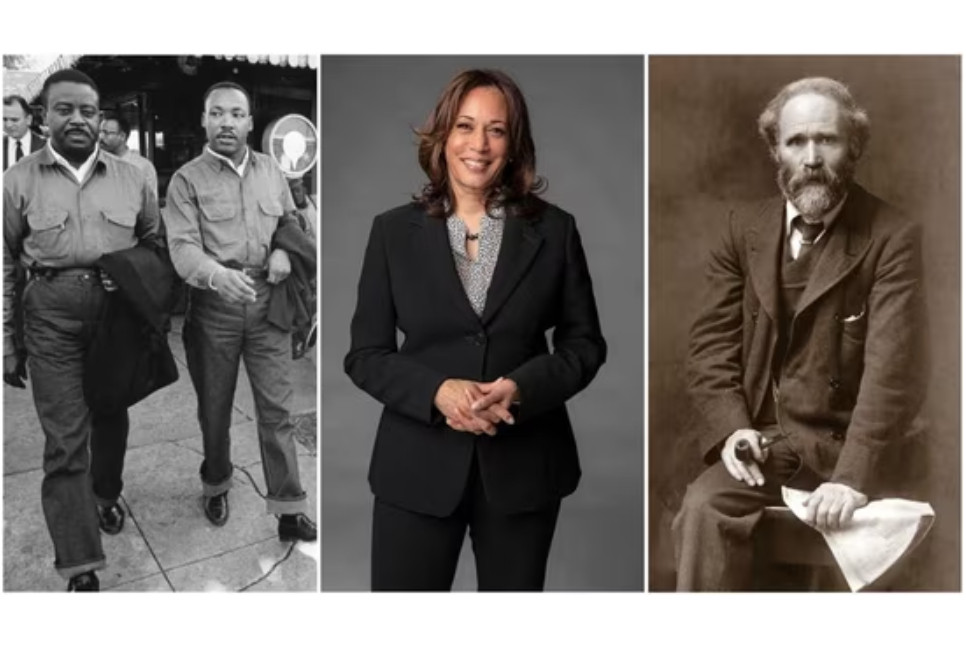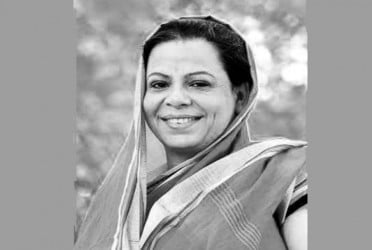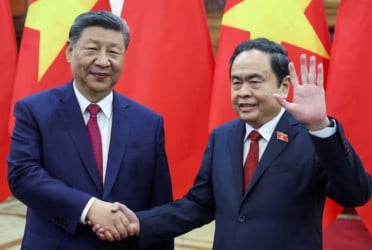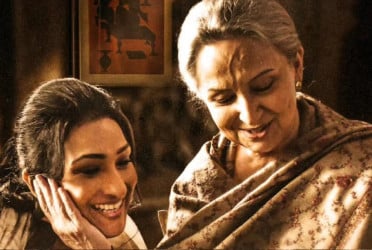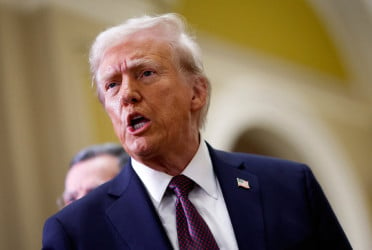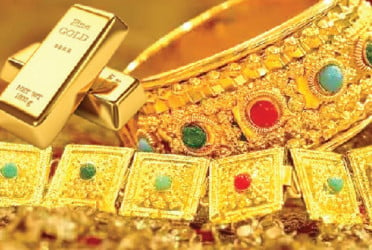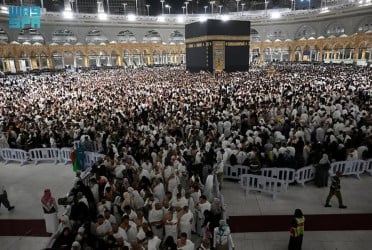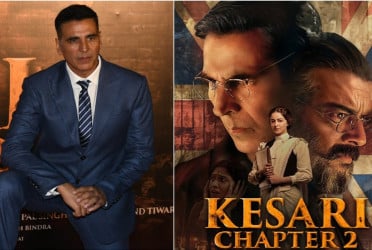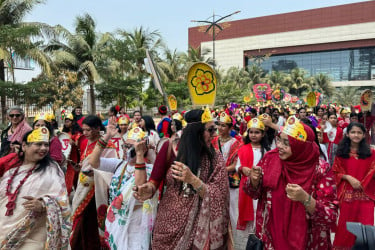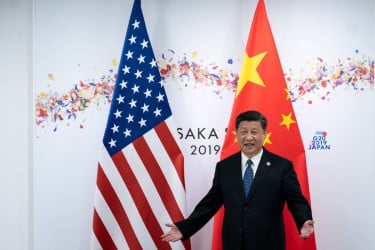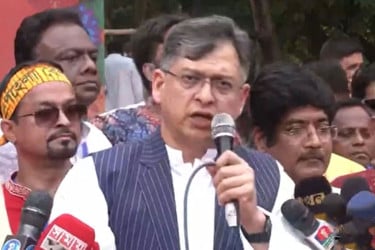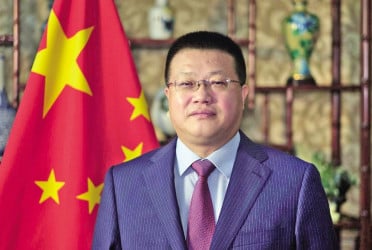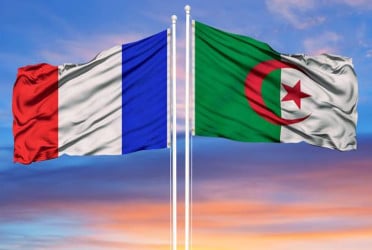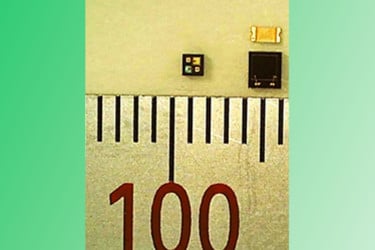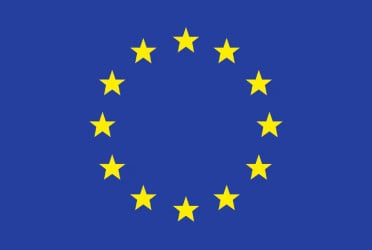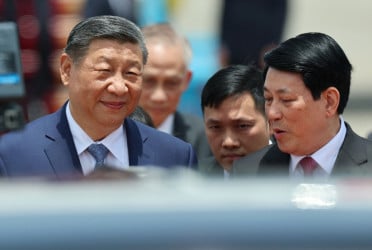Fashion has always carried a political message, as popular menswear writer and commentator Derek Guy recently emphasized in a tweet.
Responding to a user who said, "Even clothes have to be political. Ridiculous," Derek replied, "Clothes have long been political."
He then shared an extensive thread on X (formerly Twitter), detailing the historical ties between fashion and politics.
Exploring fashion and its deep political roots
Derek started by describing how, in the 19th century, Victorian feminists wore union suits—a comfortable, one-piece garment that defied the restrictive fashion norms of the time. This bold choice sparked change and eventually led men to adopt this style of undergarment, paving the way for the modern T-shirt.
Derek also explained how fashion became a class signal. In the late 19th century, when British politician Keir Hardie arrived in Parliament wearing a simple suit rather than the expected frock coat and top hat, he signaled solidarity with the working class.
According to Derek, fashion is a silent code, and there was a connection between Hardie's attire and labor rights."
Clothing as a means of resistance and self-expression
Derek emphasized that the politicization of fashion extended to marginalized communities, citing the zoot suit worn by Black, Latino, and Asian American youth from the 1920s to the 1940s.
"These oversized styles weren’t just about the fabric; they symbolized pride and resistance," he explained.
However, during WWII, the zoot suit became controversial due to fabric rationing, intensifying racial tensions and contributing to the Zoot Suit Riots of 1943. Derek also drew a comparison with Nazi-occupied France, where supporters of the Vichy regime saw the oversized clothing worn by young Parisians—"les zazous"—as symbols of jazz culture and defiance.
Derek asserts that fashion today is as politically charged as ever, with clothing choices reflecting attitudes toward gender, race, and identity.
"We're living in a highly politicized moment in fashion," Derek tweeted.
He encourages readers to view fashion not as a superficial trend cycle but as a way to express identity and challenge social norms, noting, "Fashion is a type of social language—and like any language, it reflects the power structures and tensions of the times."
(Source: Hindustan Times)
bd-pratidin/Rafid

